News
For media inquiries, please contact OUUVzrqvn@hpfs.rqhude.fscu@aidemIHHB
Image
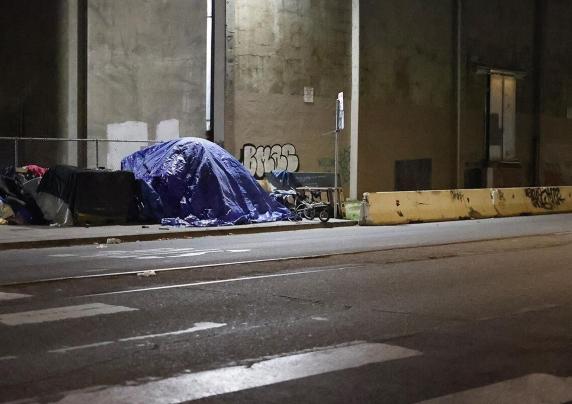
What Viral Video Reveals About S.F. Homelessness Response
San Francisco Examiner •
January 12, 2023
Involving People with Lived Experience in Complex Care Research
The Better Care Playbook •
January 5, 2023
Image
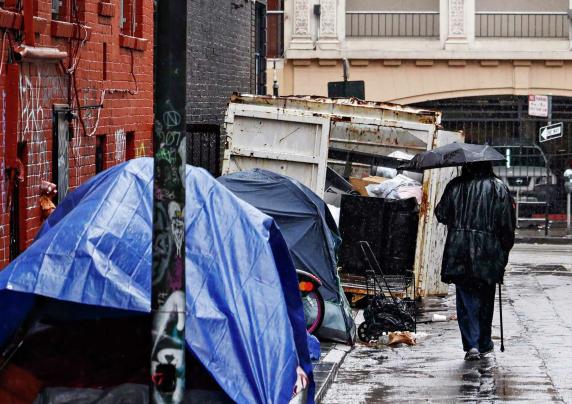
California Can End Homelessness With $8.1B a Year, New Report Says
San Francisco Chronicle •
December 20, 2022
Image
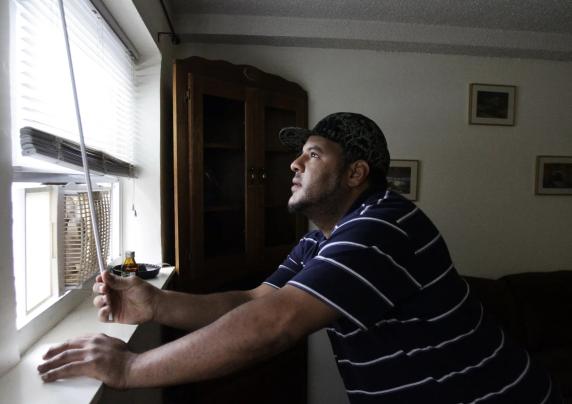
Can Houston’s Policy to Address Homelessness Work in Other Cities?
Vox •
December 15, 2022
Image

San Francisco's Failure on the Drug Crisis Is Unfolding Inside Its Own Housing Program
San Francisco Chronicle •
December 15, 2022
Image
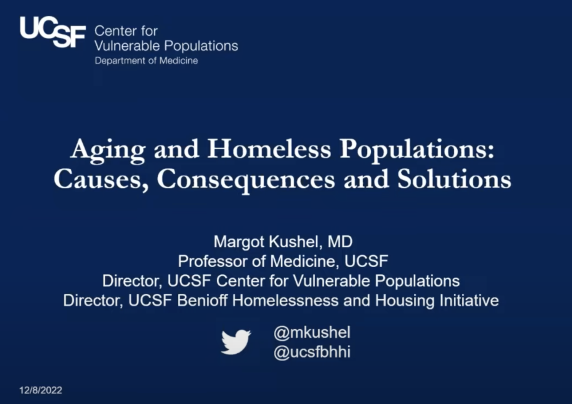
Aging & Homelessness: Causes, Consequences, and Solutions
UCSF Department of Medicine Grand Rounds •
December 8, 2022
Image
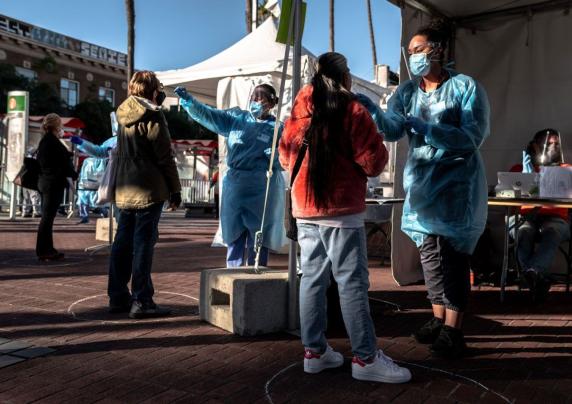
A Blueprint for More Equitable Care in Public Health Crises
UCSF News •
December 7, 2022
Image
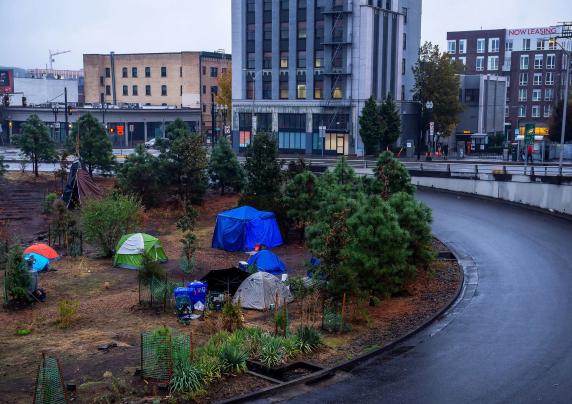
How Cities Around the US and Abroad Approach Homelessness
New York Times •
November 30, 2022
Video: How Hospital Discharge Data Can Inform State Homelessness Policy
Public Policy Institute of California •
October 7, 2022
Image
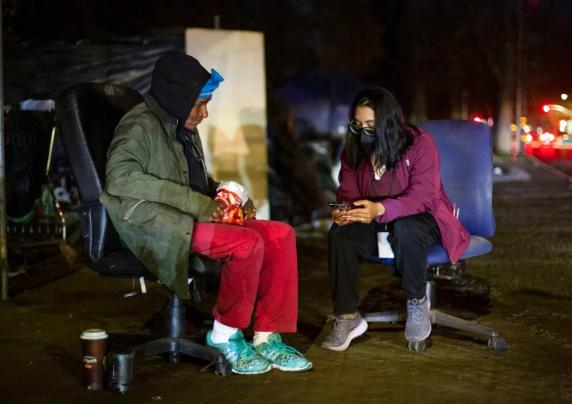
California Homeless Population Grew by 22,000 Over Pandemic
CalMatters •
October 6, 2022